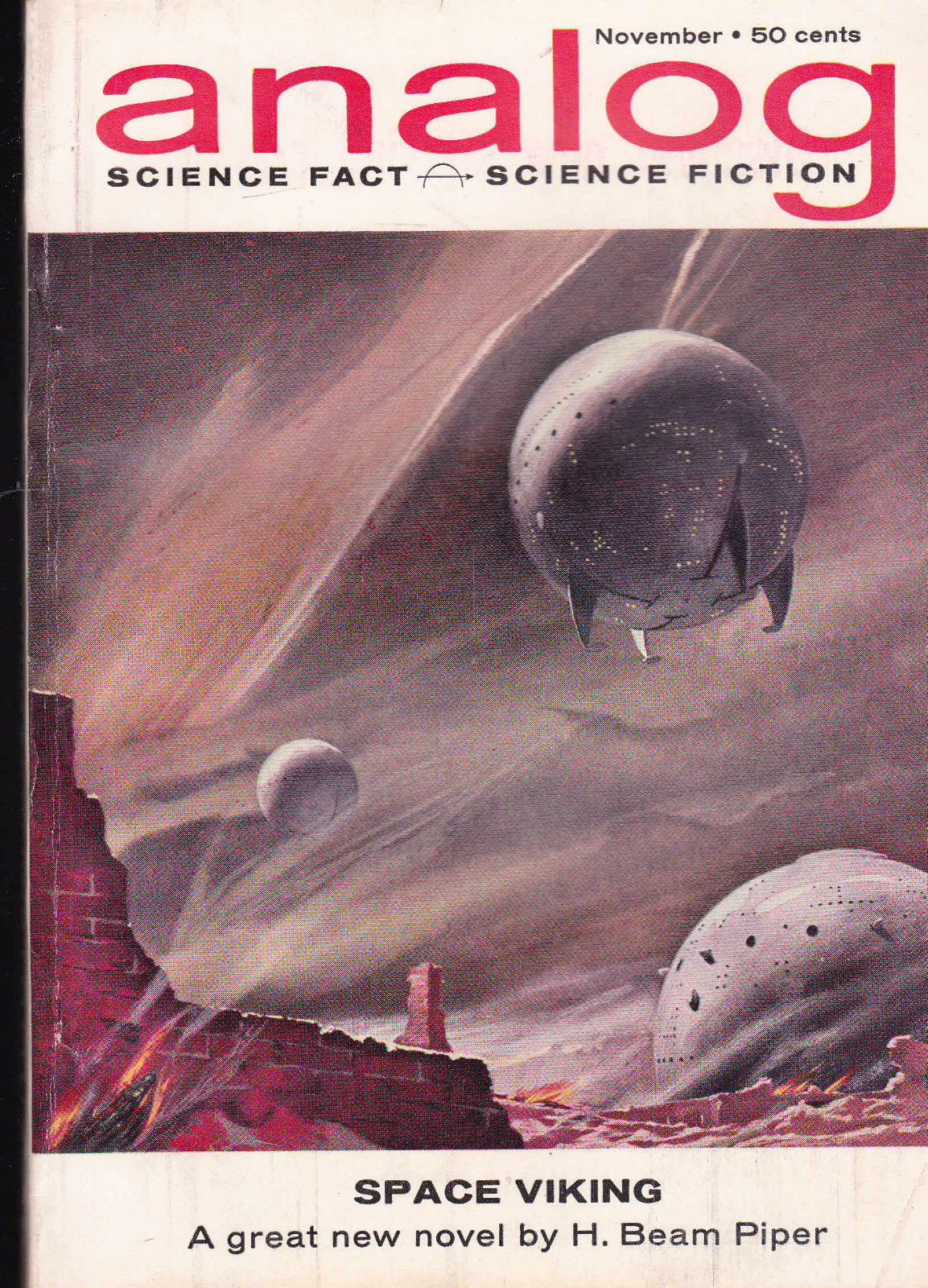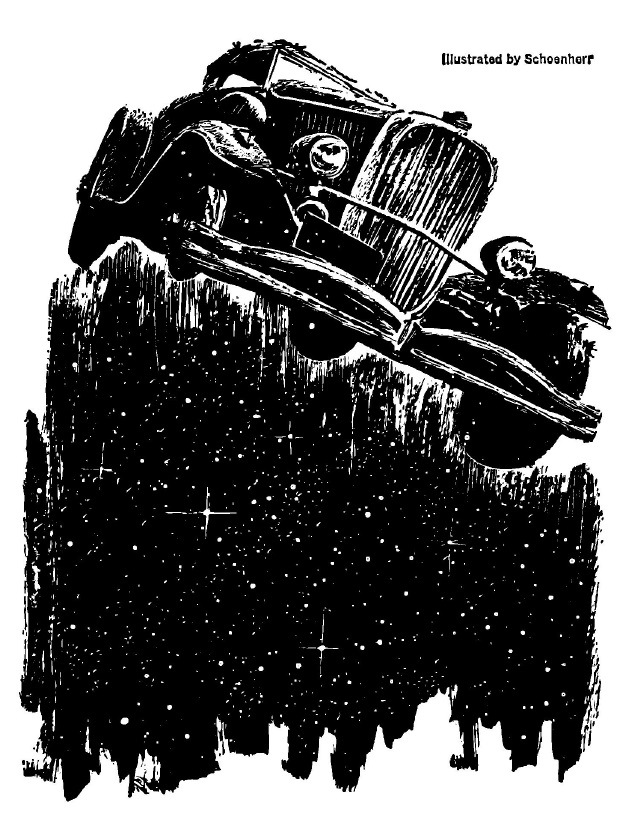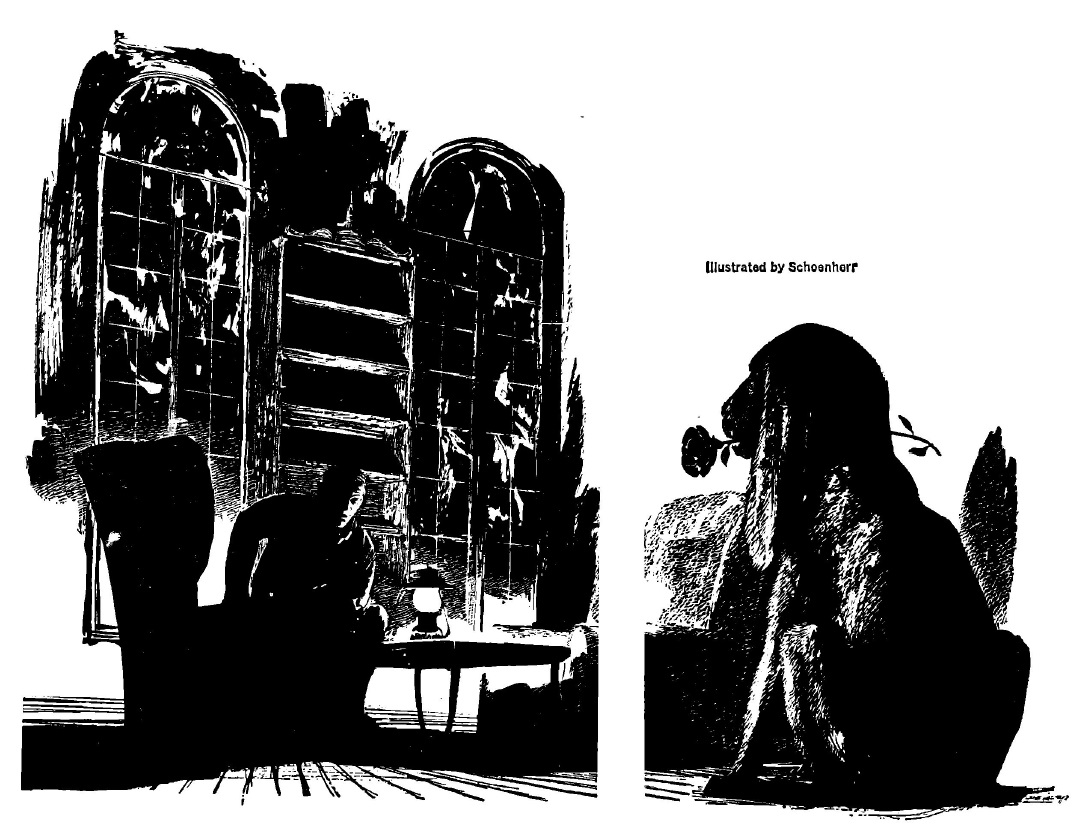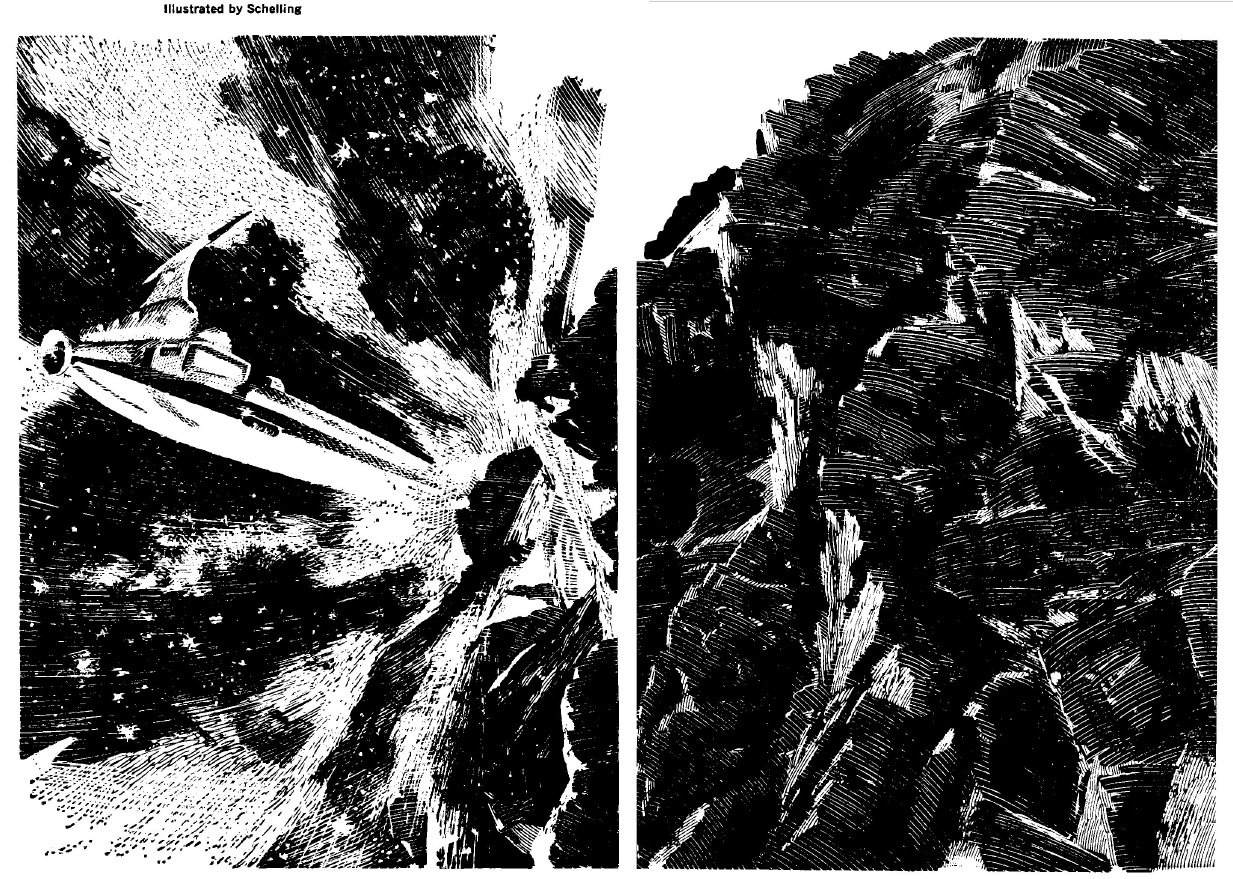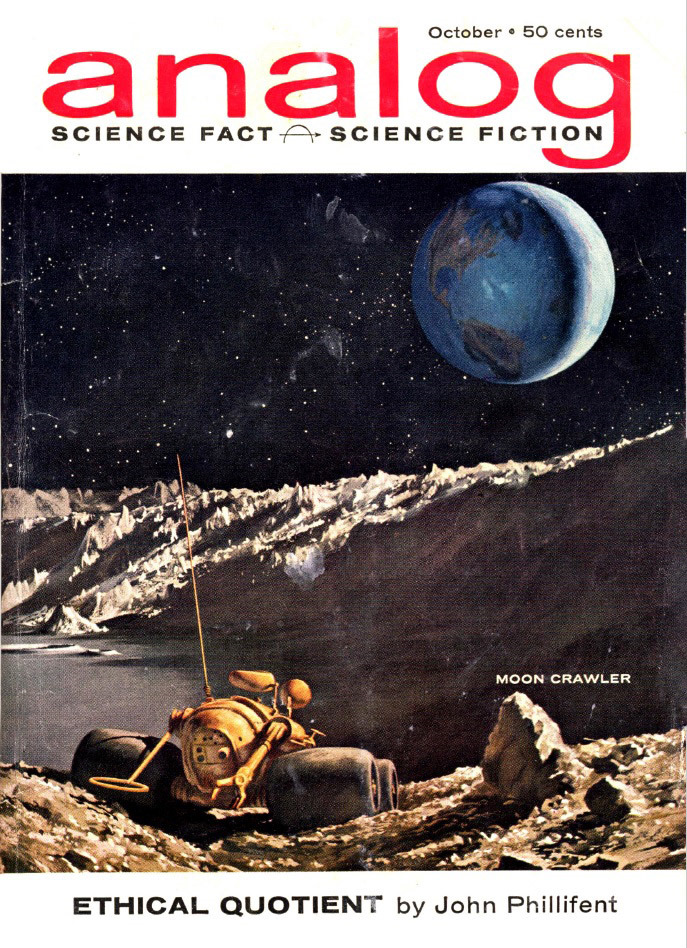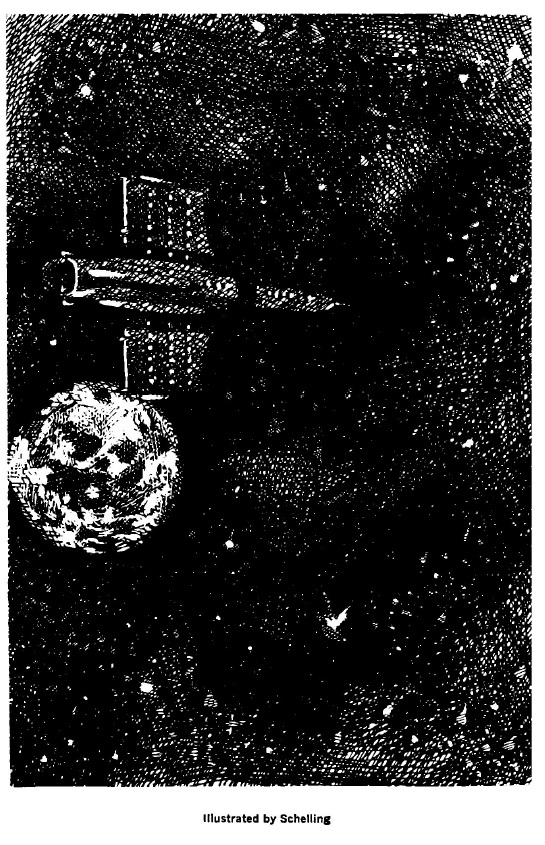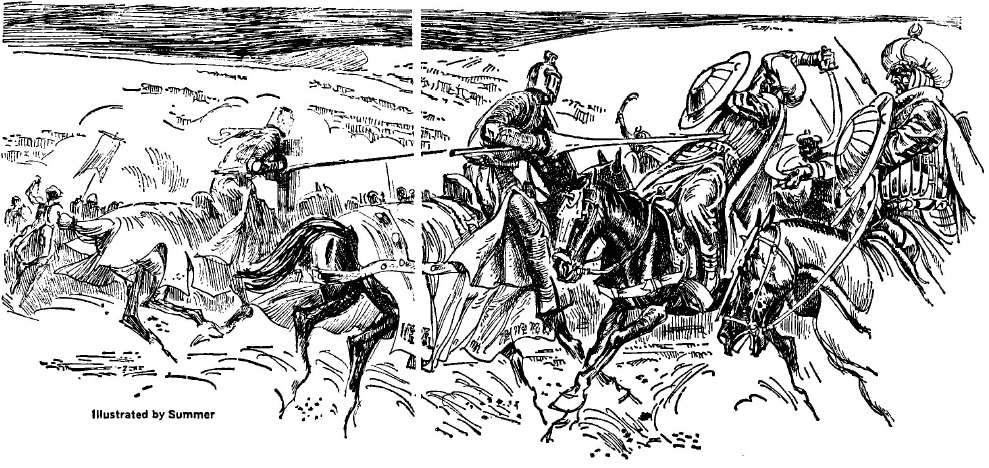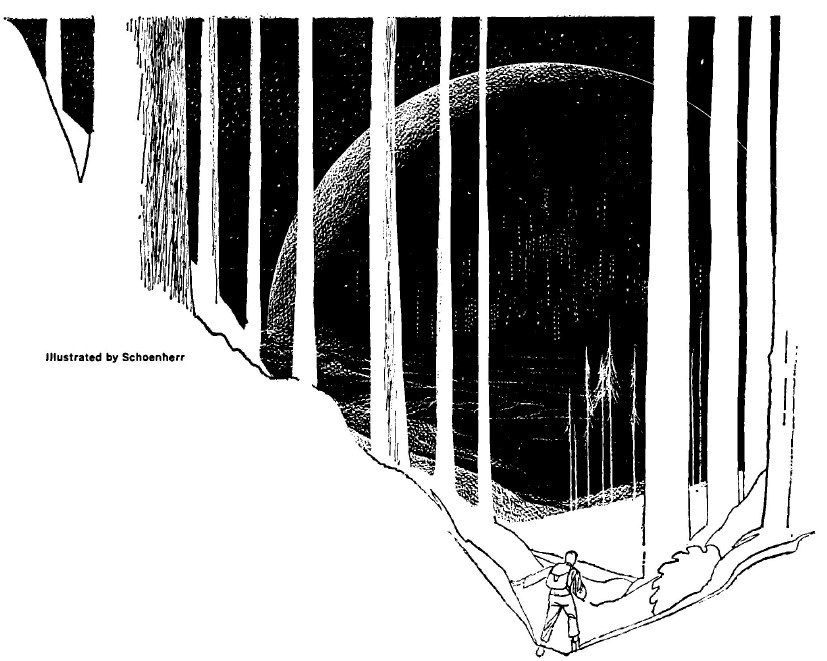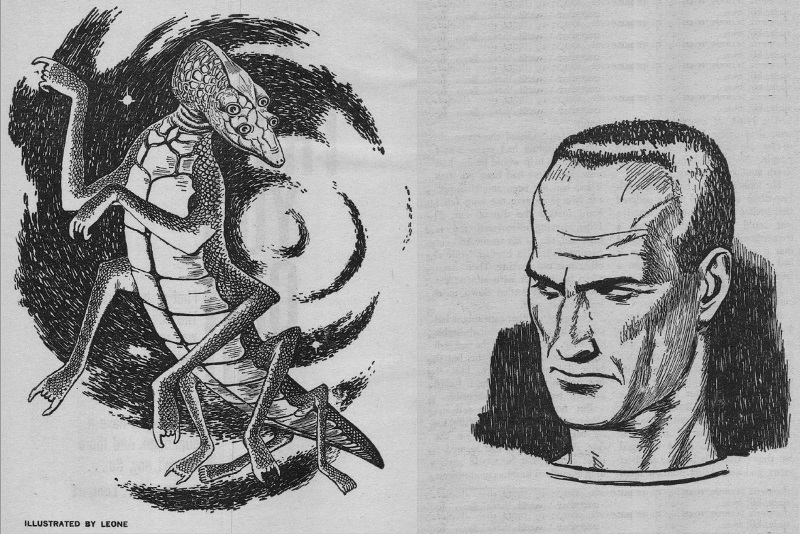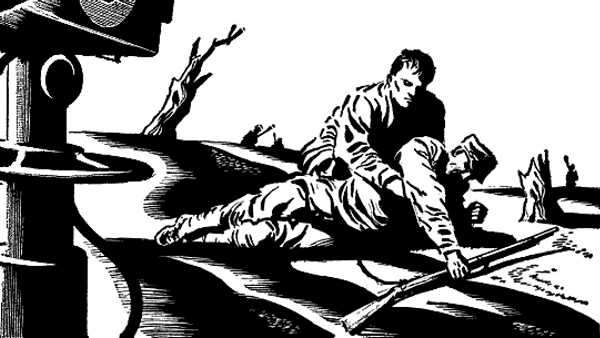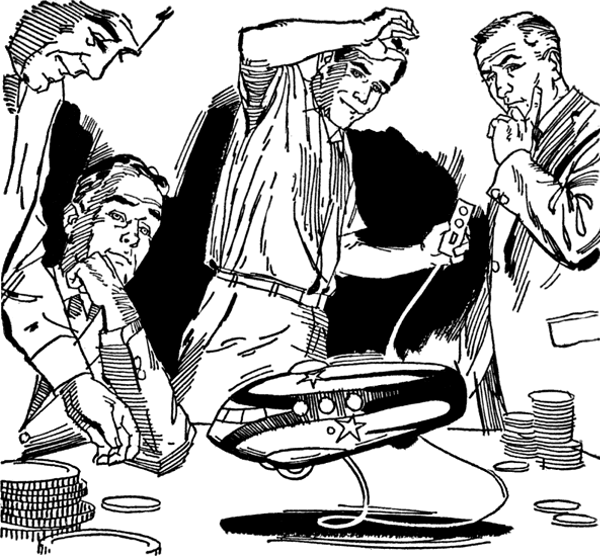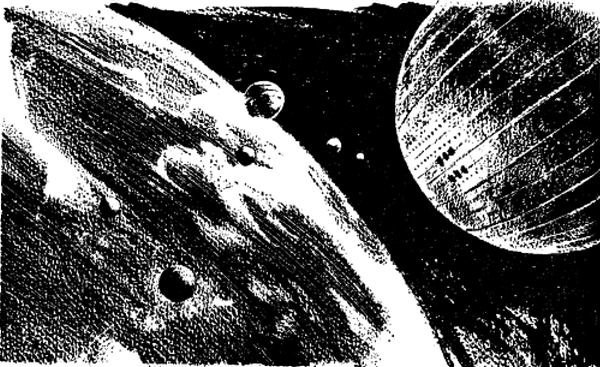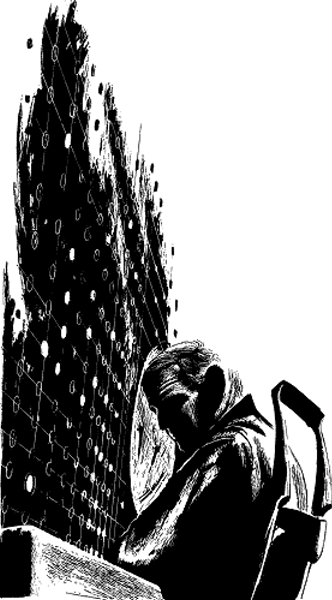[if you’re new to the Journey, read this to see what we’re all about!]

by Gideon Marcus
Behold the picture of contentment. I sit in my La-Z-Boy, feet crossed on an ottoman, a Julie London album on the phonograph, and my tummy stuffed to the utmost with stuffing, turkey, cranberries, sweet potatoes… the whole megillah. And at my side, the just-finished copy of the latest Analog, which just happens to be my last science fiction magazine of the year (yes, Mark Yon will follow me with the December ish of New Worlds, but that's his problem!)
This last reading duty out of the way, I can finally start putting together my notes for this year's Galactic Stars, and it certainly looks like there will be some bright ones. Nevertheless, as fun as it is describing the sum of the parts, each component deserves full treatment – and the December 1962 Analog has much to recommend it.. as well as some prime examples of America's bird:

Blind Man's Lantern, by Allen Kim Lang
Beautifully depicted on the cover by Schoenherr, this one came recommended by fellow writer, John Boston. Lantern features an Pennsylvania Dutch couple settling on an Earth-like world 80 light years from home. The planet is already home to a thriving but technologically regressed colony of West Africans, and the hope of the Earth government is that the original inhabitants will adopt the advanced Amish farming techniques, to the benefit of all concerned.
It's a lovely story, more slice of life Laura Ingalls Wilder than nuts and bolts SF. The relations between the Amish and the Africans are interesting and sensitively portrayed, the growing friendships and cultural clashes feeling natural. Where the piece fails (a little bit) is the abrupt twist 4/5ths of the way through, and the fact that there is really no SF component to this tale at all. The new planet is exactly like Earth in all details – Lang could easily have set his story in Senegal. Four stars.
Subversive, by Mack Reynolds

At first, this story looks to be a "preach piece," basically two people chatting to illustrate a philosophical point. In this case, the topic of discussion is the economy, and how to cut the Gordian Knot of our overly complex, thoroughly middle-manned system. But the author is Mack Reynolds, and he has something that is (dare I say) a bit more subversive in mind. Lots of twists and you never know where it's going to end. Three stars.
—And Devious the Line of Duty, by Tom Godwin

This one is a low budget Retief story in which the key to determining on which side a powerful neutral planet aligns comes down to a well-orchestrated meet cute between its young Queen and a strapping Terran Space Navy lieutenant. Much too long to justify its ending, which you'll see a mile away. Two stars.
Intelligent Noise, by Alfred Pfanstiehl
Here's the real dog of the magazine. Mr. Pfanstiehl attempts to educate us on the ingenious use of the electromagnetic spectrum to cram more information into an already crowded set of frequencies. The problem is that the article is completely unreadable. Dig this, Dad – my first major was astrophysics and my favorite bits in these digests are the science articles; but I couldn't make head nor tails of it. I am no wiser now than I was going into the article, and I suspect you won't be either. One star.
Space Viking (Part 2 of 4), by H. Beam Piper

Finally, Piper continues his four part(!) tale of rapacious spacefarers picking on the bones of the fallen Terran Empire. As a travelogue, it's first rate. Piper gives us great background on all of the visited planets, their societies and governments. Names are dropped of worlds featured in other stories (for instance, Uller of Uller Uprising and Zarathustra of Little Fuzzy). But as a story, Space Viking is rendered mostly in thumbnail. The result is engaging, even memorable, but more carrier wave than message. Three stars.

That wraps up this month's American magazines. F&SF is finally the best again, with Fantastic a close second (this latter having the best story, Laumer's Cocoon). Galaxy is tail-end Charlie, a bitter disappointment. That puts Amazing and Analog in the middle. Every magazine had some four-star content; only two (Galaxy and Amazing) had female authors, one apiece.
Over to you, Mark!



